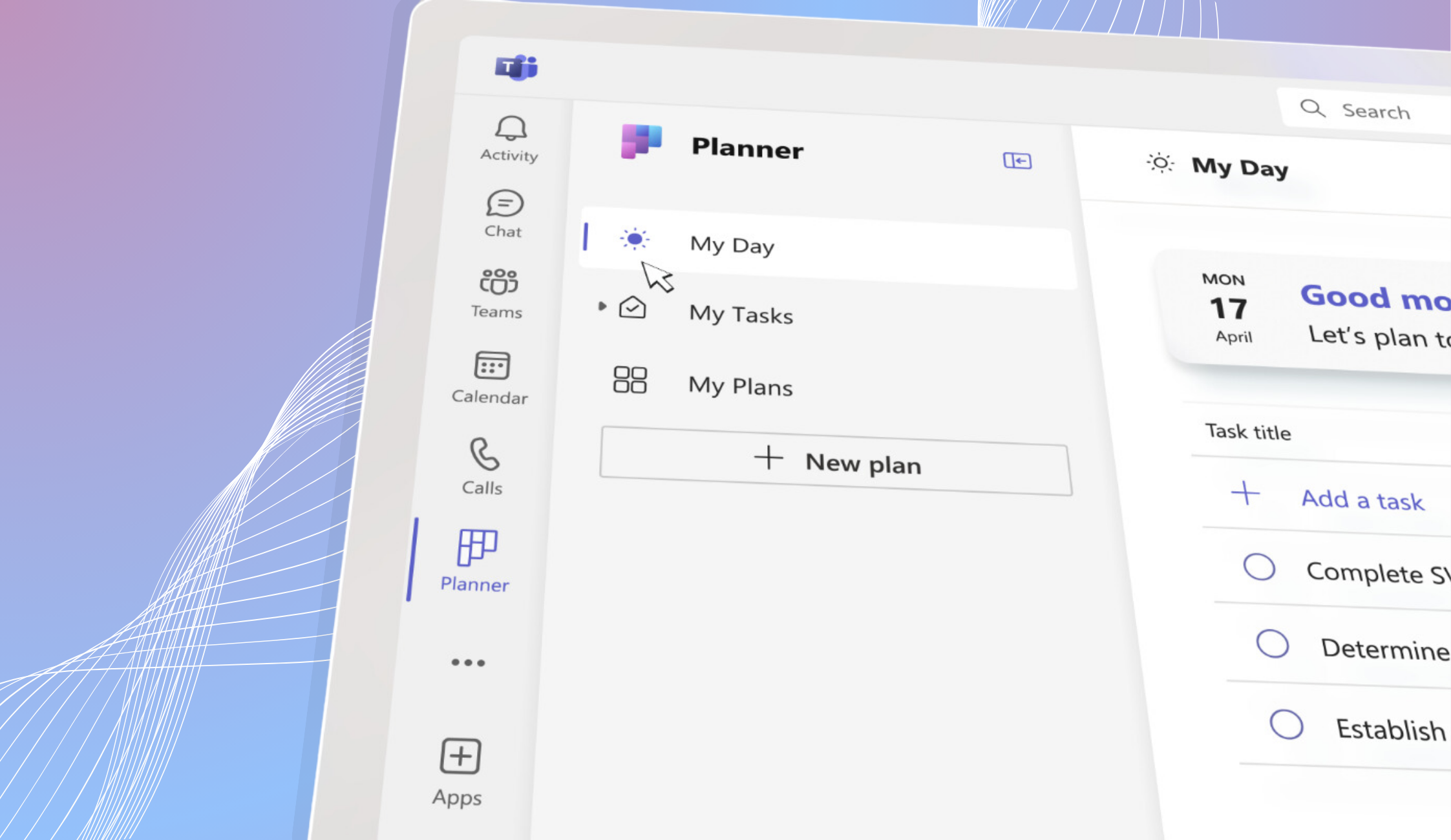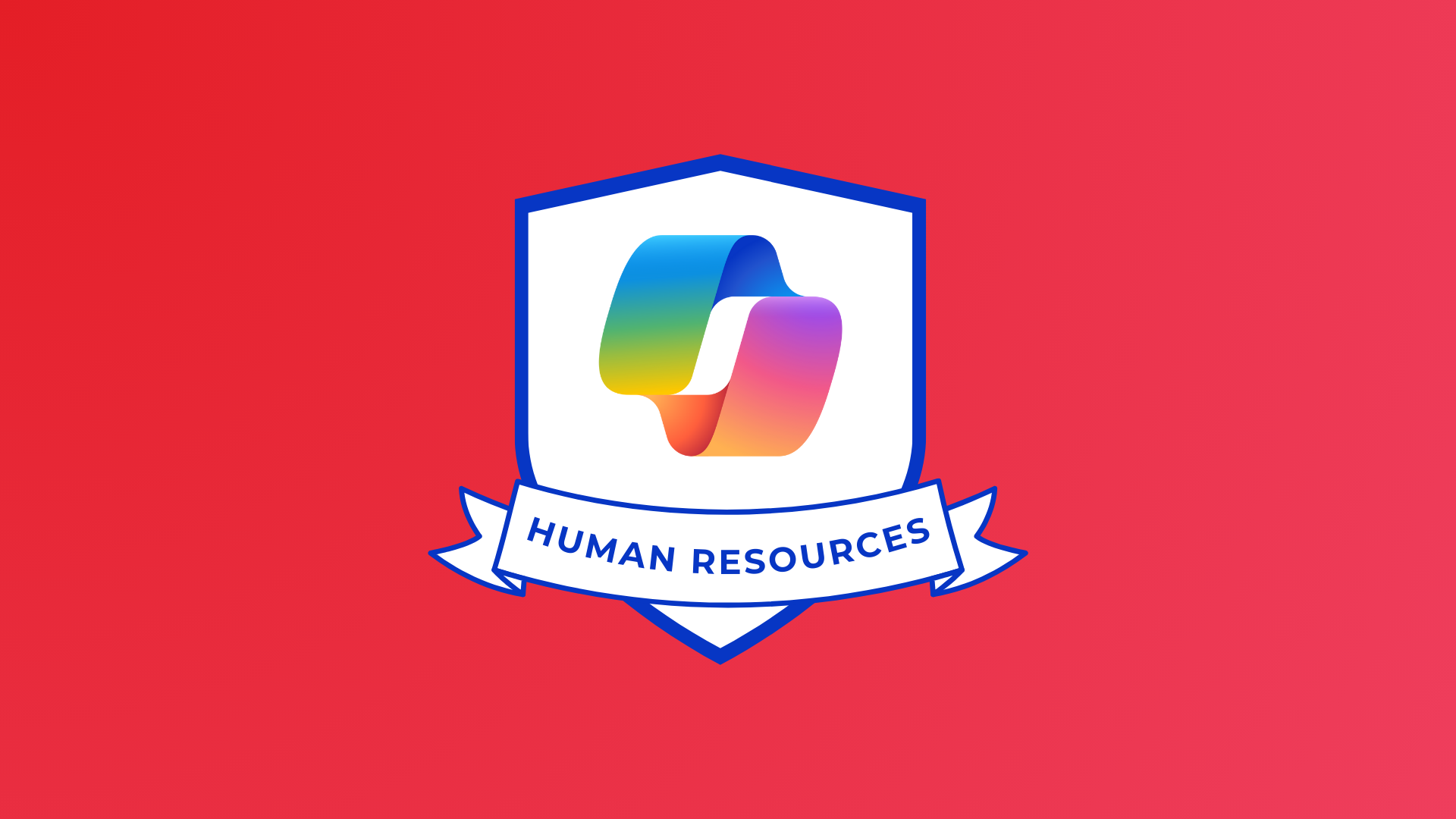
You may be familiar with terms like change fatigue or Zoom fatigue, but have you heard of champions’ fatigue? It’s one of the reasons why change programmes fail. In this blog we explain the phenomenon and offer tips and tricks on how you can mitigate champions’ fatigue.
What is champions’ fatigue?
Champions’ fatigue is the lack of interest in and general indifference to champions programmes. Similarly to change fatigue, champions’ fatigue manifests itself in negative emotions towards these programmes as a result of previous experiences. For example, past champions programmes may have been unsuccessful or hard work.
Champions fatigue can also be described as a symptom of change networks failing. After all, it makes sense to not want to attempt something which hasn’t worked in the past. It affects both programme representatives; the champions themselves and management trying to deliver the programme.
How to spot it
In real life terms, champions’ fatigue manifests itself as disengagement. For the Digital Champions, this can be becoming uninterested in joining webinars or viewing online material which they can share with their colleagues as part of the programme, or an indifference and low engagement with the programme communications.
For the leadership team or sponsors, clear signs of champions’ fatigue include resistance to enrolling a Digital Champions programme with reservations about the time or resources needed. It may also be seen when there is an initial burst of enthusiasm for the programme, that wanes after a number of months.
What you can do about it
Mitigating for Champions
Addressing champions’ fatigue in the champions themselves is all about grasping their attention and increasing engagement. Firstly, the content and communications created for the champions needs to be readable and low on IT-heavy jargon. Inaccessible language can be a huge barrier to engagement.
Digital champions can also suffer from boredom and therefore one of the key things is keeping the programme fun. In support of our Office 365 Digital Champions programme, we offer things like gamification and the use of leaderboards to give badges for supporting colleagues. This can be a great way to tap in on your people’s naturally competitive sides.
Lastly, as humans, we desire to be helpful and acknowledged. As well as the programme leaderboards, managers can go further by rewarding and recognising Digital Champions duties within the business itself.
But perhaps the most important thing happens at the beginning of the programme. When beginning a Digital Champions programme it is important that the programme description is open and honest. Setting out clear guidelines of the work and time expectations means that individuals can make informed decisions when enrolling.
Even prior to this it is important to discourage managers from ‘voluntelling’ their people to become champions. Sharing encouraging comments with suitable individuals is a good way to increase their confidence, but employees must not be forced to take part in the scheme. Self-nomination is the way forward and what we advocate on our Office 365 Digital Champions programme.
Mitigating risks for management
To avoid change fatigue in senior positions, management needs engagement early on in the programme. Whether that is receiving all of the Digital Champions communications, or having time blocked out to attend planning meetings, involving management from the offset ensures that their questions can be answered and they can have confidence in the programme and time investment from their team.
For example, management may be cynical about change networks because of fear that the work necessary is underestimated, or that staff capabilities are overestimated. Therefore it is important to address these concerns and reassure management that primary responsibilities and work will still be completed on time.
When we kick off our Office 365 Digital Champions programme, we outline the time needed for each individual on a weekly and monthly basis. We explain what each Digital Champion will be expected to do and what makes a good champion. We also outline what is expected from management and how they can support.
A Digital Champions programme can even block time out in diaries to encourage time management of the project alongside primary responsibilities, giving you one less job to do.
Other concerns may be ‘who will produce and push out the communications?’ or ‘who will monitor the programme progress?’. We address these by explaining that communications material for our Office 365 Digital Champions programme is pre-prepared, ready to be cascaded down to employees.
Finally, it may also be key to address why previous champions programmes may not have worked. Discuss the improvements that have been made, and show how this particular change programme has the recipe for success, while listening to the lessons of the past.
If you’re thinking about whether a Digital Champions programme would help your organisation adopt Office 365, get in touch. We can walk you through our leading Office 365 Digital Champions programme and discuss how we can help your realise the benefits of Office 365 in your organisation. Email [email protected]
Share
Related Posts
Our most recent articles
11 April 2024
04 April 2024
21 March 2024









